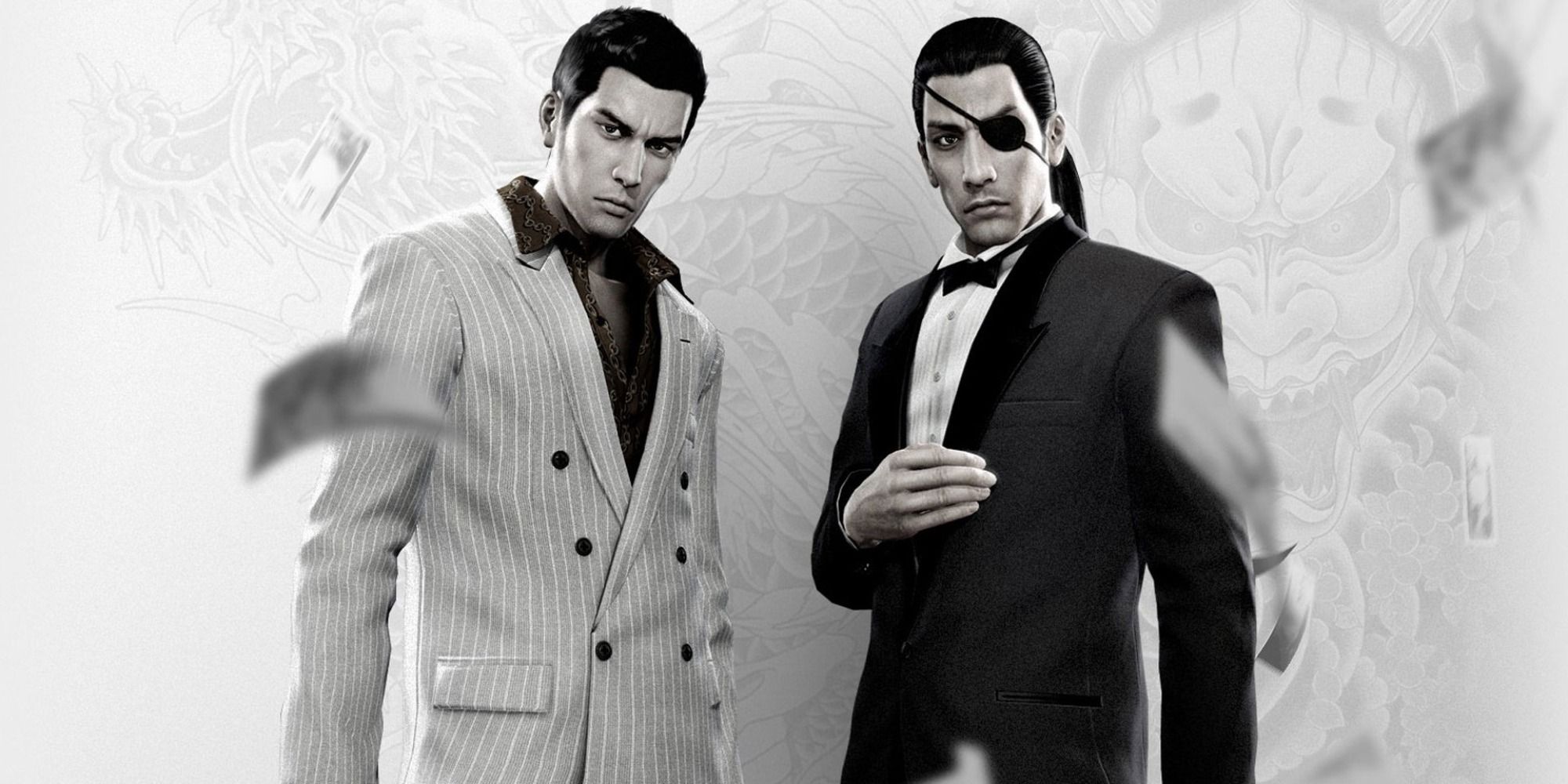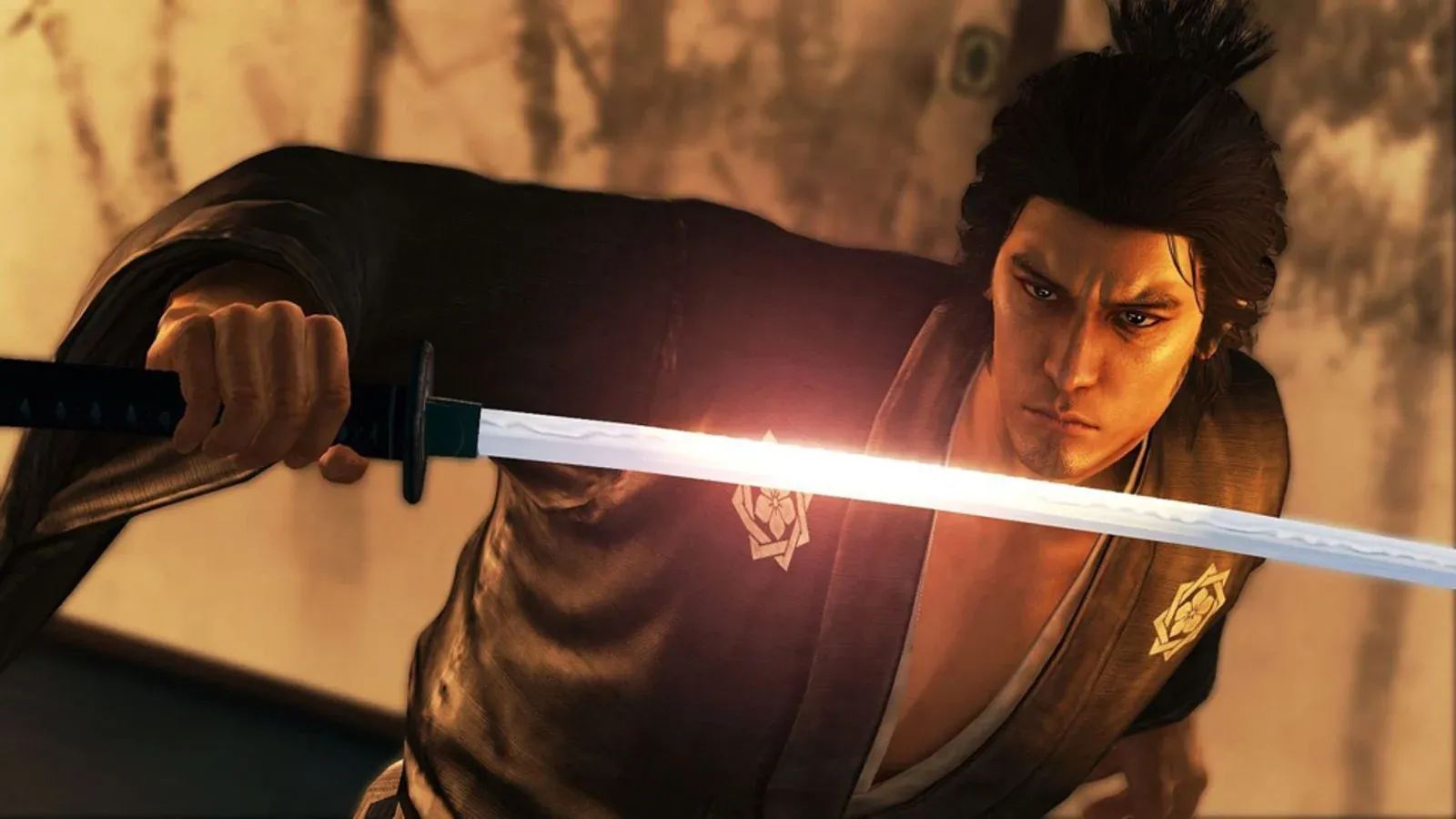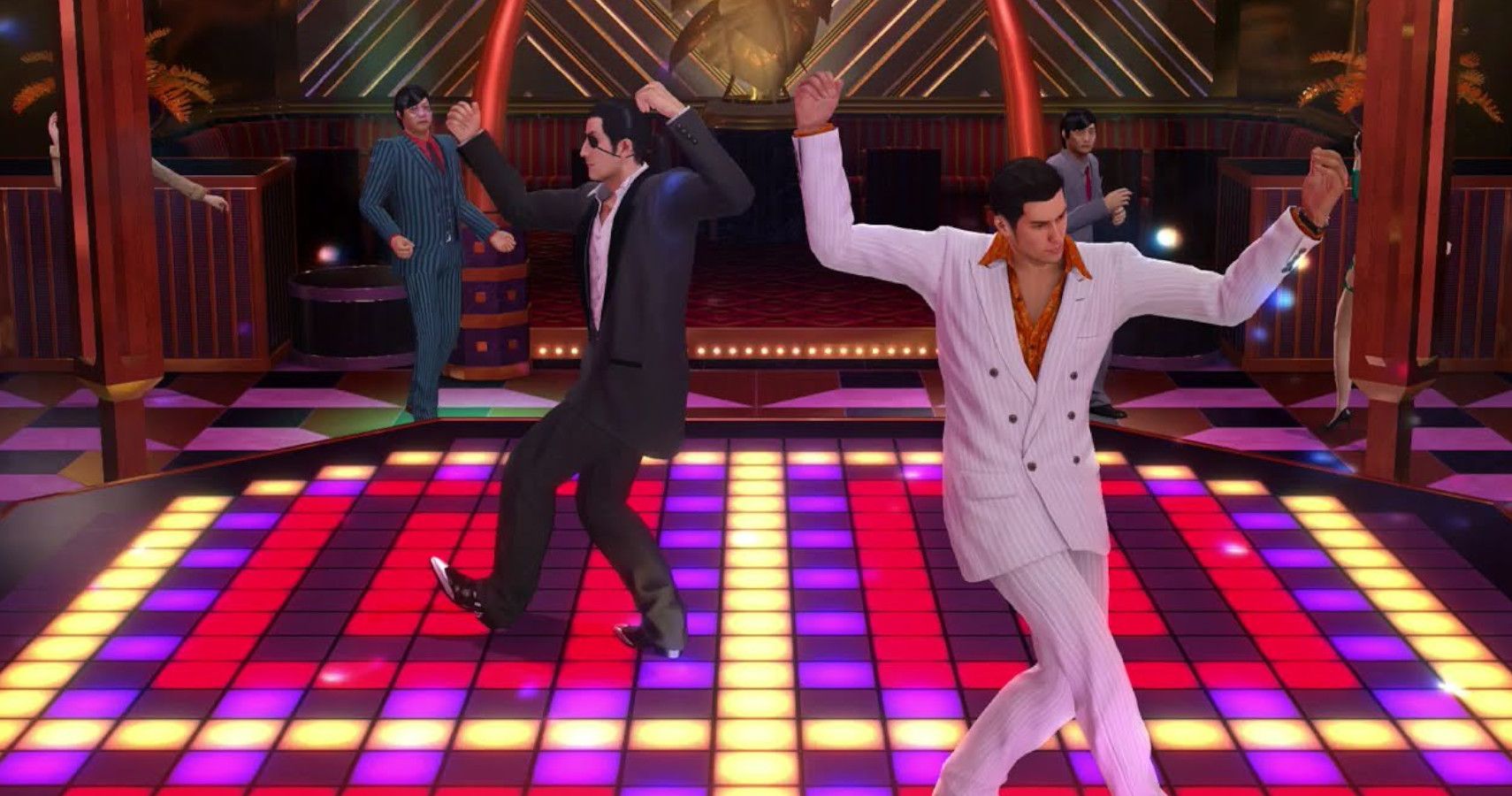Yakuza 0 is often hailed as the finest chapter in Sega’s beloved crime series, largely because it dared to take us into a time in Japanese history that we rarely - if ever - see in video games. The rain-drenched streets of Kamurocho have always boasted a distinct charm, but by turning back the clock to show Yakuza’s beloved characters in a different light, 0 forces us to recontextualise who these people are and the hardships they’ve struggled through to become the characters we know and love.
We feel like strangers in a place that was once strikingly familiar, encouraged to explore its sprawling plazas and humble alleyways in search of architectural and cultural changes in 1980s Kamurocho, long before the construction of the Millenium Tower. It’s a different city, but it’s still nostalgic to explore. As someone who grew up with the series, it was fascinating to unearth a new interpretation like this, one that depicted an era I was only aware of through animated films and classic pop music. Now it feels real, and poignant in a way that I hope Yakuza is willing to revisit in the years to come.
Kazuma Kiryu has always been the fearsome Dragon of Dojima, but in Yakuza 0 he is little more than a young man trying to find his way in the world. The iconic tattoo that will one day adorn his back is nothing but a pale outline, with the ink still settling into his bloody skin. When his daily routine of beating up fools for money turns into a conspiracy far larger than his own existence, he’s made to fight for his freedom, and for the safety of those close to him. It’s a journey of self discovery that not only acts as a solid prequel to Kiwami, but a profound introduction to Kiryu’s character and his unwavering dedication to honour, friendship, and love.
This is the man we’d gradually come to adore over the years, and here we get a glimpse at his foundations - that’s why I’d love for Yakuza to take us back to the past again.
For something like this to work without screwing with the canonical timeline, it will likely need to abandon it entirely, much like Yakuza Kenzan and Ishin before it. They reimagined the likes of Kazuma Kiryu, Goro Majima, and Ryuji Goda as historical figures, yet kept their personalities and eccentricities intact in service of the series’ mould. Yakuza 0 made sense, since it followed a window of time in the lives of these characters that remained unexplored. Kiryu is behind bars as the credits roll, so we can hardly hit up the 1990s. Instead, we’ll need to abandon this train of thought and descend further into the past.
The ‘70s would be incredible, especially if Sega was willing to delve into the politics of the era - the oil shock, the female liberation movement in Japan, and a story about how the nation continued to prosper from the economic boom. The same can be said for the ‘60s and the mammoth shifts in Japanese culture and its changing relationship with the West, particularly the USA. The ground is fertile for further examination of how the Yakuza worked in these decades. Kazuma Kiryu could return, albeit with an alias, or we could introduce an entirely new cast of characters altogether that lend themselves to this fresh take on the universe. I’d love to see either, as long as the time period is given the love it deserves.
I think my dream setting for Yakuza would be in the wake of World War 2, with a cast of characters having to deal with loss alongside the American occupation of their country, as well as the fallout - both literal and metaphorical - from the two atomic bombs. The war was lost, and watching as the world of organised crime begins to reinvent itself in the wake of personal and global developments would be endlessly compelling. Animated films such as In This Corner of The World from Sunao Katabuchi have explored the perspective of citizens in the wake of Hiroshima and Nagasaki‘s nuclear destruction, showing how millions of people were simply trying to live their lives in the shadow of a military conflict they had no control over. Taking a similar approach but from the perspective of the Yakuza would be equally enthralling, especially if Sega wanted to focus on how a way of life often obsessed with crime leaves this behind to help citizens trying to move forward after their country’s defeat, all while dealing with internal power struggles and the changing face of a country that will never be the same again.
Thematic elements like this would require a deft hand, especially when dealing with nuclear warfare and the altering landscape of a country whose modern leaders are evident fans of historical revisionism. Perhaps this time period would be too fragile for Yakuza to broach, but I feel given the maturity of its storytelling in past entries, it is likely the only series in the medium that could stand a chance of doing it justice. Sega has shown its love for Japan in ways that no developer ever has before, providing the Western world with a realistic window into the cities of Tokyo, Kyoto, Hiroshima, and countless others that are the best way to experience the country without booking a plane ticket and flying over there yourself.
Yakuza has such an established history in the world of video games, one that has only grown stronger thanks to its willingness to engage with real places, figures, and moments in time that not only pull players into the country of Japan, but is hoping to educate them on important matters amidst all the bloody violence and tongue-in-cheek hilarity. Taking a step into the 1950s would likely require Sega to backpedal on some of these sillier ideas, but I think fans would welcome such a change of scenery, even more so if it lays the groundwork for narrative ideas that we’ve never seen before. Yakuza and Judgment have bright futures ahead of them, and potential that could shine ever brighter if it leans into learning from the past.



